The sky was completely black when I looked out of the windows of the U1 subway. Thick streams of water ran down the windows and blurred my vision. It looked like my planned photoshoot with Marcelo would fall victim to this heavy midsummer thunderstorm. But as soon as the train entered Kottbusser Tor station, the rainfall miraculously ceased. Stepping out of the station, I noticed that the gutter of the roof had a crack that spilled a broad stream of water onto the street below. A flash of inspiration struck me, and I pictured the first photo set right under the railway with the little waterfall as a background. When Marcelo arrived we started right there. It worked perfectly, and it resulted in one of my favourite photos of this magazine. Then we went off to a pub crawl through Kreuzberg where we had a few drinks, took some more photos, and recorded the following conversation.
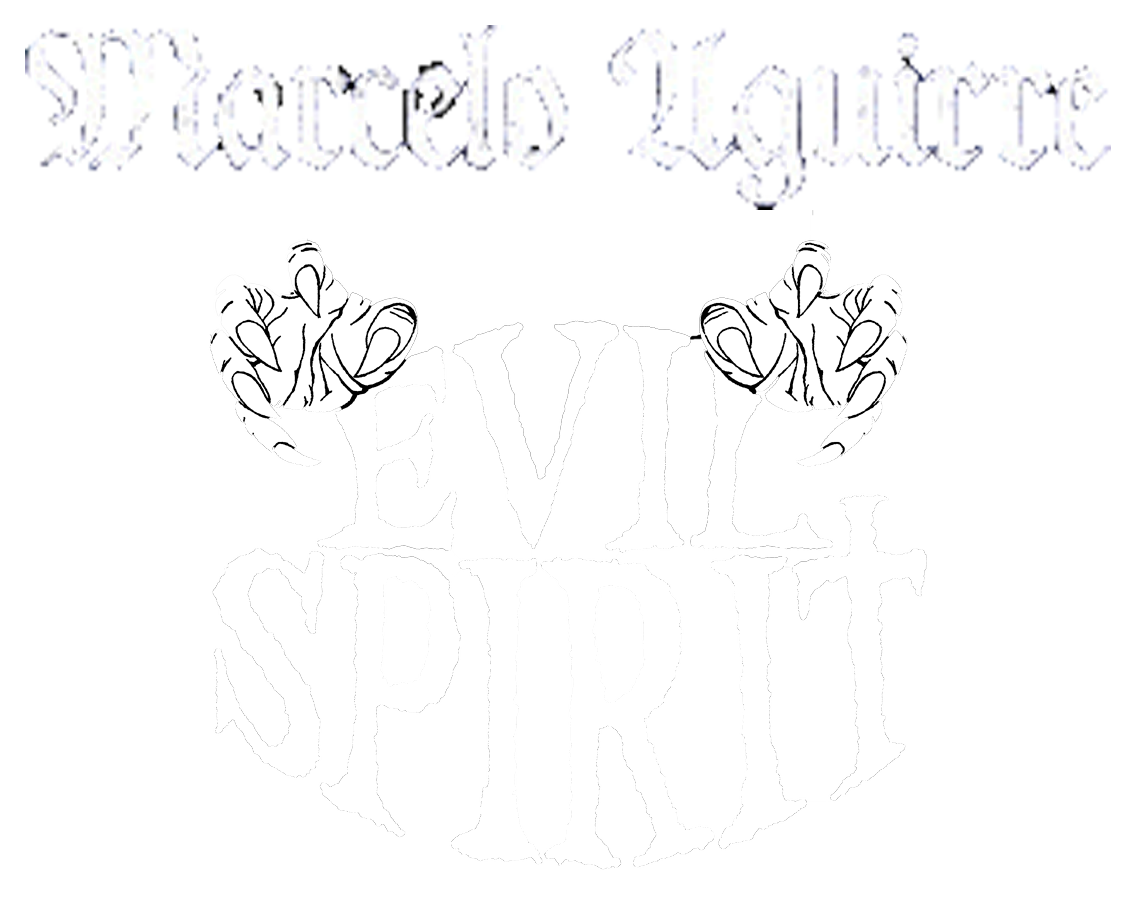
You are one of the people with the most diverse taste in music that I know. From metal to jazz to experimental and electronic music, you listen to everything. Was it like this from the beginning, or did it develop over time?
When I was young, I was mostly interested in what we now call dark wave and metal. I was also interested in checking everything that was related to progressive music. It just kept evolving over the decades, and then it became like a serious kind of archaeology in terms of nurturing the personal interests in one hand, and on the other hand also helping to develop what I am trying to achieve musically. By default I never specialized in a specific area, even though I spent time with certain kinds of music. I had a period when I was heavily into everything that was radically experimental music, from noise music, free jazz, or modern compositions. It had to do with me doing music journalism, where it is mandatory to know the fields you are talking about. On the other hand, I see it from the perspective of being a musician that it is necessary to understand how it functions – the inner structures in different kinds of music. Music that is completely structured, music that is written, and music that is just done by intuition. I don’t even read notes, since I never had musical training of any kind. But I found it always interesting, in order to expand the palette when working with sound, in itself, the main thing when it comes to music. It’s like playing with a tricky card when you get involved in certain kinds of scenes, because scenes always have their credos and the stuff you have to attach to. But I never cared about that, I always thought the more you broaden your horizons, and the more you get to know about music, it’s always for the better. Because it brings you a lot of inspiration and possibilities at the moment of composing music. Or by doing improvisation, which is something I was always extremely interested in. It’s also one of my main tools at the moment of doing music. This also has to do with collecting recorded music, collecting records, collecting all kinds of formats of music. It’s like the more you get to discover, the less you know, because you start realizing that there is an increasing amount of interesting music going on that you will never be able to embrace. But it’s always worth a try, and it gives you more possibilities in all aspects. At the moment of having a musical discourse, you are in a position that is an advantage compared to if you only specialize in just one stream of music. By going through different scenes over the years, this has always been the main problem. Like composers of experimental music – they only concentrate on certain credos and focus on what is allowed there. It’s not only something that happens in metal; it happens in all kinds of music. But there are a lot of exceptions to the rule, and that’s where the interesting music happens. Take a band like VOIVOD; they were interested in all kinds of music, and you can hear that, even though they managed to create a sound of which you can hear that it comes from all over the place.
And that is more interesting.
It’s more interesting and more enjoyable because you can listen to music according to your mood. You have a tremendous amount of options. It depends, of course, on how people limit themselves. There’s always a limit anyway. There are certain kinds of music that I don’t like as well, that I didn’t properly research. Because if you like everything, you have no statement to put on the table. I think it also has to do with personal taste, because what I like, others won’t. So it is very relative, and it also has to do with how you can digest certain kinds of music – especially with everything that is extreme. It’s not for everyone. It’s just for a few who can digest it, and who can find some kind of enjoyment in that. Like in electronic or experimental music, noise music or industrial music – it’s not meant to produce an instant kind of enjoyment. The pop music format offers instant enjoyment, but other kinds of music are so much more difficult to understand. Some might be considered pretentious because sometimes there is just too much thought involved in certain kinds of music. In the end it comes down to personal enjoyment.
Did you ever personally get any criticism for your taste from certain people, or was it more like they were talking behind your back rather than telling you to your face?
Well it depends, as always, on the people you surround yourself with. In a broader sense, I know in fact that it’s been seen from a critical point when you are trying to break with certain traditions that are supposedly written in water, actually. Because there are no written laws for that. But people made supposedly certain kinds of limits as to where you can go and what you are allowed to do. So I always tended to hang out and share music with people who have a similar interest. I never felt an external pressure to limit myself and to get rid of stuff in order to feel accepted. In the long run, it’s always been very positive if there is a positive outlook on that. But more than positive, it has been productive because there has been a lot of exchange with people who have broadened their horizons and helped broaden mine. They did so by sharing music, and this kind of knowledge, which is not taken from books. People should venture and allow themselves to enjoy what they supposedly should not enjoy. If we see this from the standpoint of the metal scene, it’s still very much an issue, and I can see a lot of resistance there. But it’s pretty much their problem, not mine, and I‘m not trying to convert anyone to the stuff that I like. I’ve never been preachy about this. We always find it very tricky when people do that, when they are becoming like oracles for the scene. Like nowadays, you can listen to this seventies band that was not allowed a few years before. Also you are now allowed to listen to that Christian band, because their music is considered great. So I never had any ties to any kind of dogma or credo in that sense. I just went by intuition, and I also faced changes over the years. There is some music that I didn’t like back in the days that I think I do understand better now.
A while ago you released your solo album, which is purely experimental music. The difference with other musical styles, in my view, is that there are no rules, no limits. It’s like they deliberately discard all the rules of conventional music, like rhythm and structure. So how do you then approach songwriting? Do you have a concept for your songs, or does everything come out spontaneously?
It’s been a very long and difficult road to get there. I started with that twenty years ago, with the idea of doing a solo record. Right after I moved to Germany, more or less. At the very beginning, I booked a studio, and I went there with a friend of mine, John Duncan, who is a very reputable experimental musician. He handled the production and guided me through the process. But I think I was not ready for that at that moment. The ideas were not solid enough for me to be convinced to get the material out. The whole material was ready; it was readily mixed, and we experimented a lot with the ideas I had at the time. But after a while, I felt I was not ripe enough for that, and the material was not either, so I completely scrapped the project. That sounds like a hard move. It was not easy, but at the same time I felt insecure releasing it. Maybe if somebody had said, “I‘m gonna release that”, it would have been different. But that was not the case. Nobody was interested in it – except for John Duncan, who was in the studio, and went straight to tell his friends that what I was doing was really strong. I haven’t gone back to the material since. At the time I was deeply involved in experimental music mostly, and I made a second attempt five years later that was, again, mostly based on two elements that I have: percussion and vocals. But the results were even less convincing, I would say. So I scrapped the results twice, and then I completely abandoned the idea of making solo music.
In part two of the interview we talked about Evil Spirit and his latest (and successful) attempt to record a solo album. He also told me about his experiences when he was working as a music journalist and in the last part we talked about the downfall of the cultural policy in Berlin. Read the full interview alongside with fullpage portrait photographs in the print issue of DEPICTED. Get your copy here:
Read on:
Interview with Sara from MESSA / DEPICTED #1
Your tour with SABBATH ASSEMBLY has just finished. When you come back home after such a long tour, is it a relief or are you rather sad? Both of them. Being on tour is as much fun, and as......
Interview with Toni from (Dolch) / DEPICTED #1
ENNIO MORRICONE – “Once Upon A Time In The West” [from the 7”, 1968 / German: “Spiel mir das Lied vom Tod”] This is one of my first childhood memories: There is a man hanging on the gallows, standing on......
Interview with Justin Sullivan from NEW MODEL ARMY / DEPICTED #1
Last night you played at a festival dedicated to world peace. Did you ever believe in such a thing? I read somewhere that some historians did some research. In the total of human history there had been a period of......
Interview with Alex Ithymia from SUNSHINE & LOLLIPOPS and BHNP / DEPICTED #1
So let’s switch to English now. I am very curious about your accent. It’s horrible. Ever heard THE SCORPIONS speak English? I am slightly better than Rudolf, but not much [laughs]. It’s a bit strange to talk to a......
Interview with Shazzula from Wolvennest / DEPICTED #1
Shazzula is an interesting name. Where did you find the inspiration for it, and does it have a meaning? Well, in the early days of Napster, I spent some time there exchanging musical interests with some people. Everyone was......
Interview with Marcelo Aguirre from EVIL SPIRIT / DEPICTED #1
You are one of the people with the most diverse taste in music that I know. From metal to jazz to experimental and electronic music, you listen to everything. Was it like this from the beginning, or did it......
Photoshoot with LAUREN RUTH WARD/ DEPICTED #1
Unfortunately there was no time to do an interview, so this is a photo gallery feature. Enjoy. See the complete set of photos with Lauren in fullpage size in the print issue of DEPICTED. Get your copy......
Interview with Malte from NECROS CHRISTOS and SIJJIN / DEPICTED #1
The era of NECROS CHRISTOS is coming to an end. You released the last album and now you are playing the last concerts. Have you already reflected on a personal conclusion to this project? What were your highlights and......
Interview with EVILYN FRANTIC / DEPICTED #1
I heard this story once, that when you started your life as an artist, you ran away with the circus. Is this true, or is it just a legend? No, it is very true. I kind of ran away......


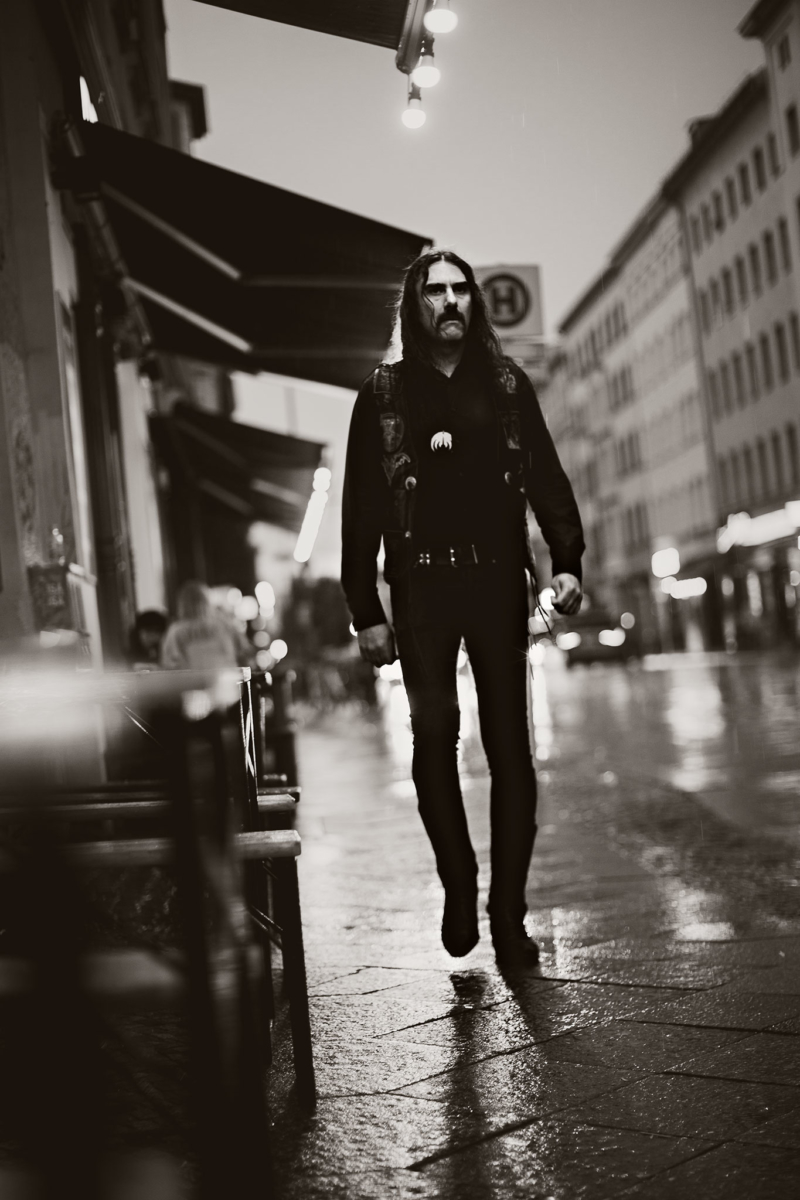
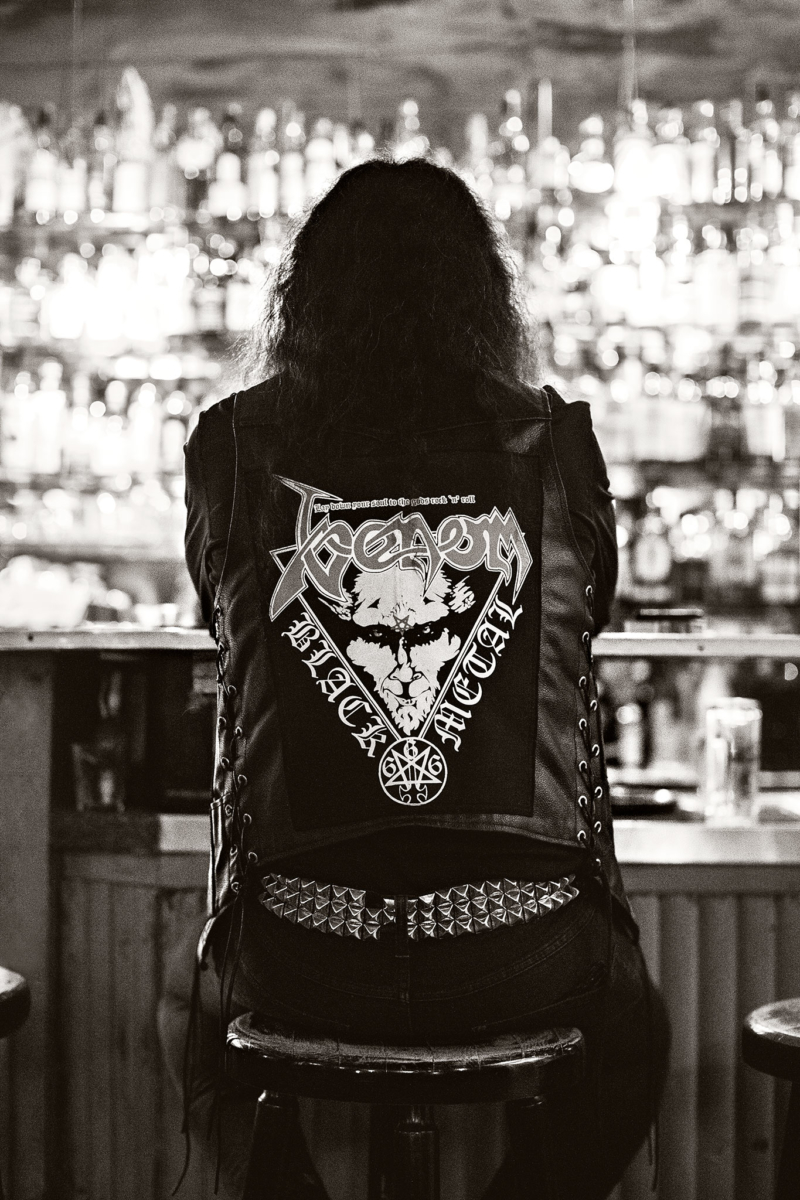
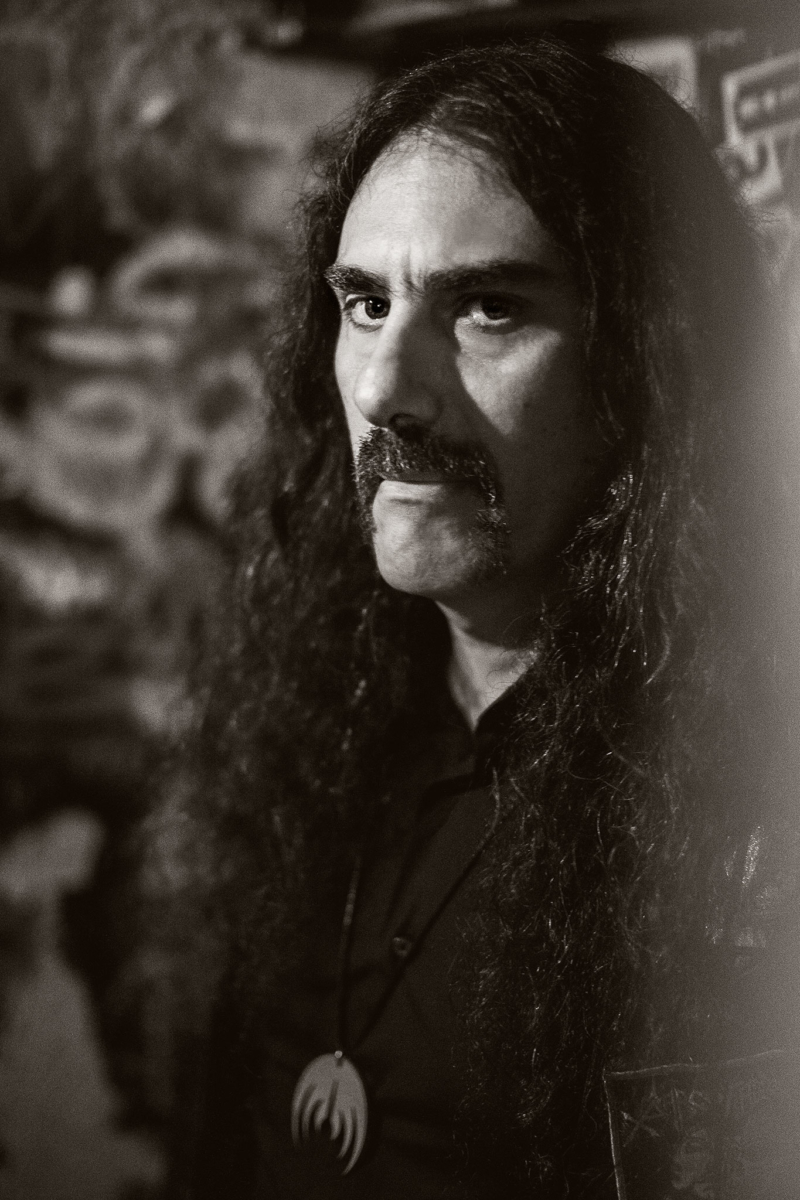
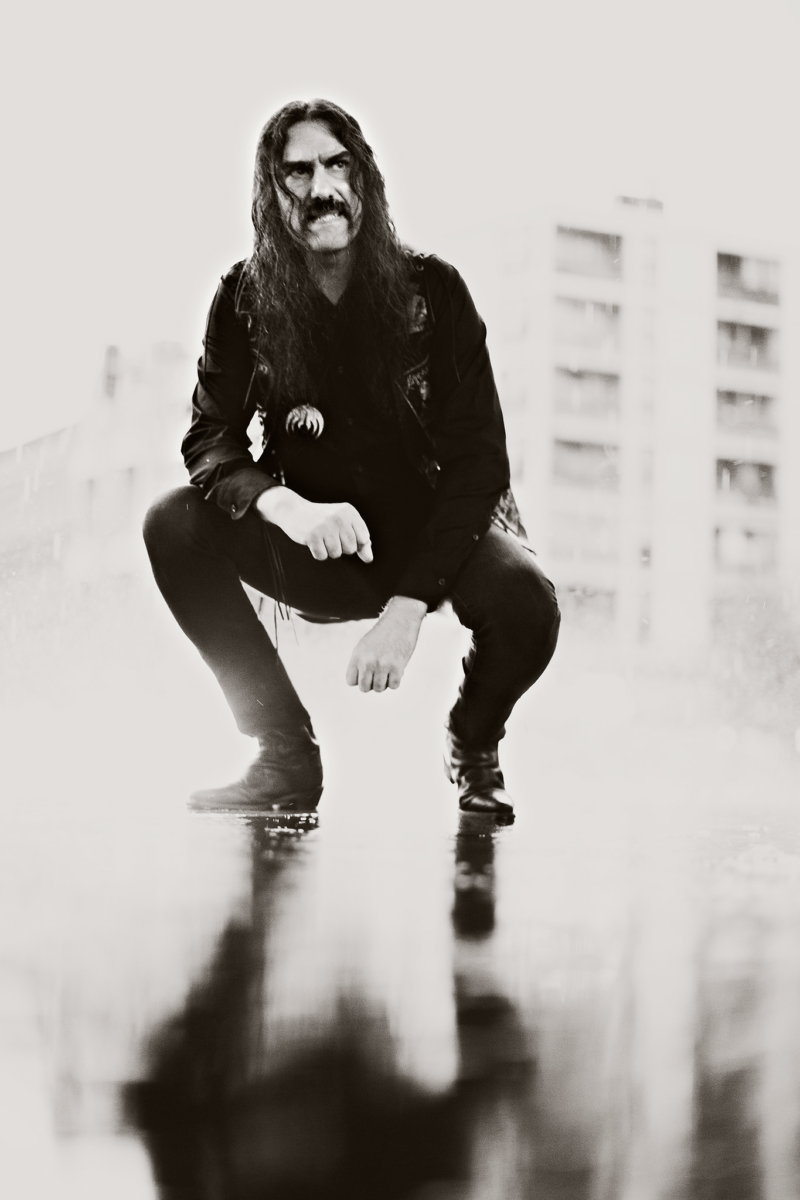
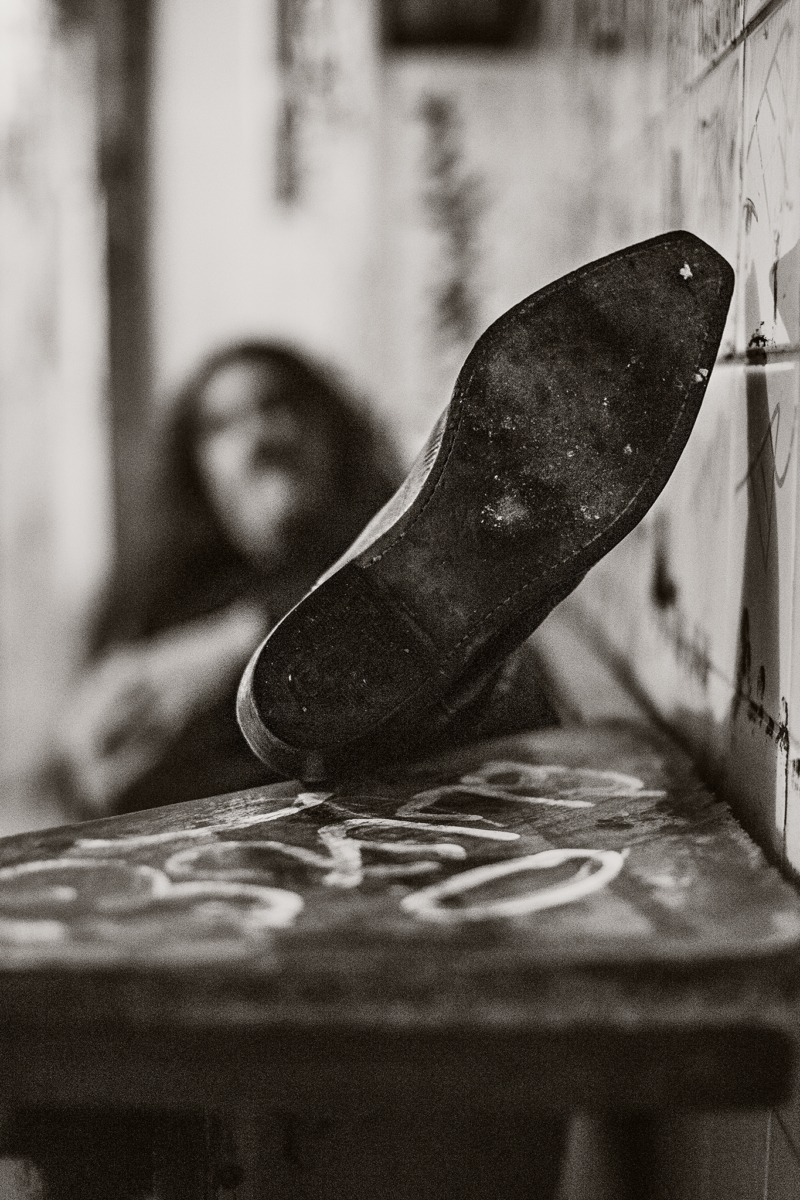
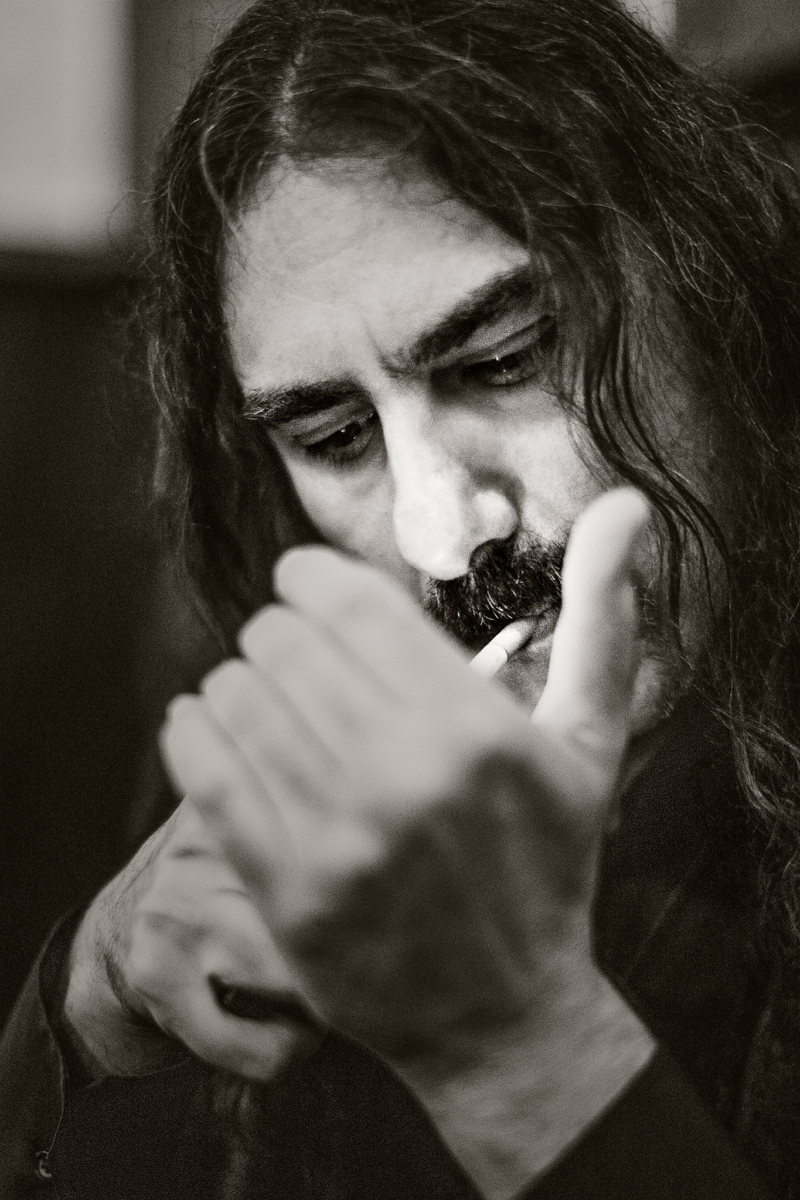
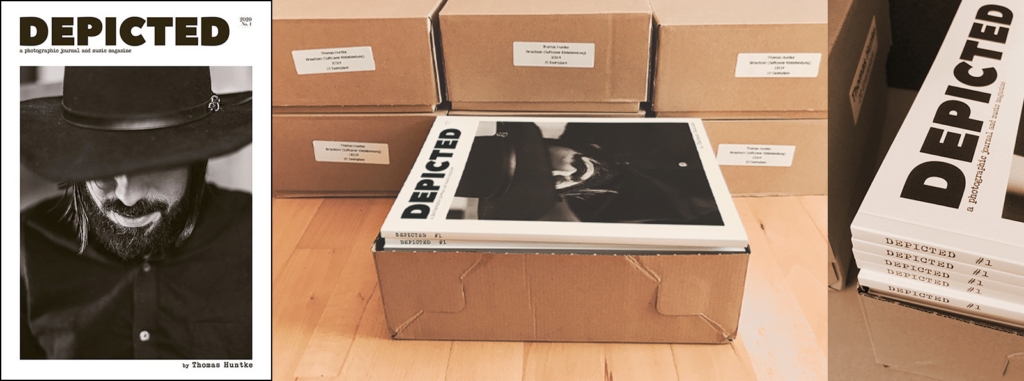
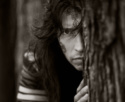

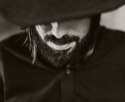
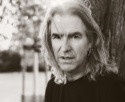
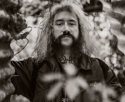
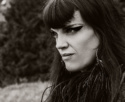
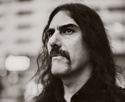

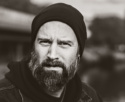

No Comments